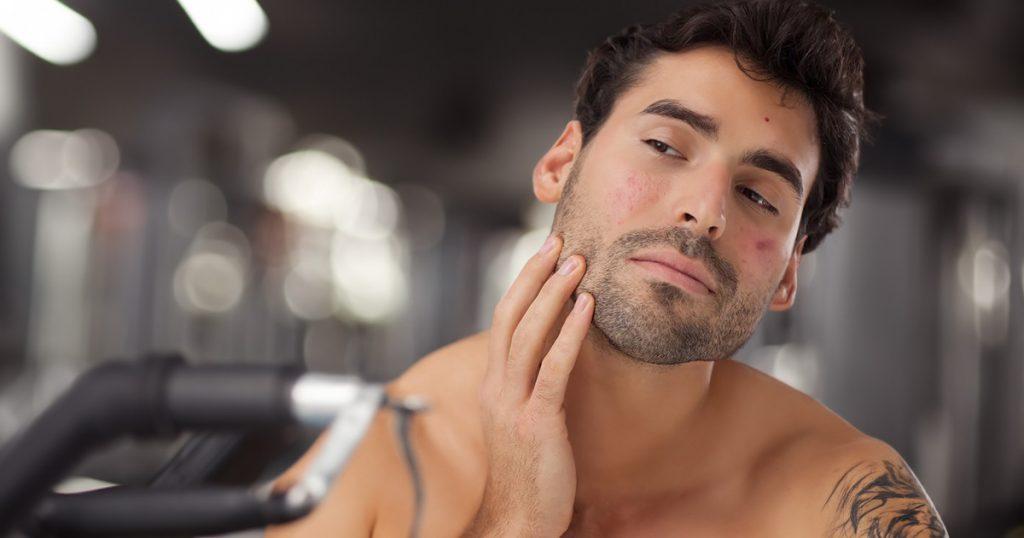As fitness enthusiasts and athletes strive to maximize their performance, the question of whether creatine causes acne naturally arises. Creatine supplements are widely used to enhance muscle strength and exercise capacity. However, concerns about potential side effects, including acne, have been raised.
What is creatine?
Creatine is a type of amino acid that gives muscles the energy they need for activities like lifting weights or intense exercise. Your body can make creatine in the liver, kidneys, and pancreas, or you can get it from foods like meat and seafood or supplements. About half of the creatine your body needs comes from what you eat.
Most creatine in your body is kept in your muscles, with a small amount found in your brain, heart, and other organs. People consume creatine medications for a variety of reasons. One of the main reasons is to boost the amount of creatine in their muscles, which can help improve their athletic performance and physical strength. Other reasons include:
- Helping with exercise recovery and healing from injuries
- Preventing injuries
- Regulating body temperature
- Keeping the spinal cord safe
Types of Creatine
The most studied form of creatine is creatine monohydrate. Other forms include:
- Buffered creatine
- Creatine HCL
Research shows that creatine monohydrate increases creatine levels in the blood three to four hours after taking it, and about 99% of it is used by the body or passed out in urine.
Because research has shown that creatine monohydrate is effective, safe, and affordable, it’s the most commonly used form of creatine.
Does creatine cause acne?
The relationship between creatine and acne is not fully known. Some studies suggest that creatine may increase levels of a hormone known as dihydrotestosterone (DHT), which can lead to acne. This hormone causes your skin to generate more oil, which leads to acne breakouts.
There is no proof taking creatine will cause acne. Even though many athletes use creatine to help them with their sports or workouts, research doesn’t show that it causes acne. However, everyone is different, and some people might notice they get more acne when they use creatine. This could be for other reasons, not just creatine. If you’re worried about acne and thinking about trying creatine, it might be a good idea to talk to a doctor first.
Reasons for Acne with Creatine Use
If someone gets acne while using creatine, it’s likely not because of the creatine itself. It could be attributed to increased exercise and perspiration. Working out and sweating more can lead to bacteria and dirt buildup on your skin, which may cause acne.
How do I get rid of creatine acne?
If you’re concerned about acne while using creatine, here are some tips:
- Skincare Routine: Wash your face regularly with a gentle cleanser and use non-comedogenic moisturizers and sunscreen.
- Stay Hydrated: Drinking enough water can help keep your skin moisturized and lessen the likelihood of acne.
- Monitor DHT Levels: Discuss monitoring your DHT levels with a healthcare professional.
- Adjust Creatine Dosage: If you suspect creatine is causing acne, try lowering your dosage or stopping it to see if your skin improves.
- Consult a Dermatologist: If the acne persists, see a dermatologist for specialized advice and treatment alternatives.
Understand More If Creatine Gives You Acne
The relationship between creatine and acne is not fully understood. Some studies suggest that creatine supplements may increase levels of DHT, a hormone that can contribute to acne development. However, other studies have not found a clear link between creatine and acne.
If you are concerned about acne while using creatine, consult a healthcare expert for personalized guidance. To help treat acne, use a regular skincare routine and remain hydrated.
